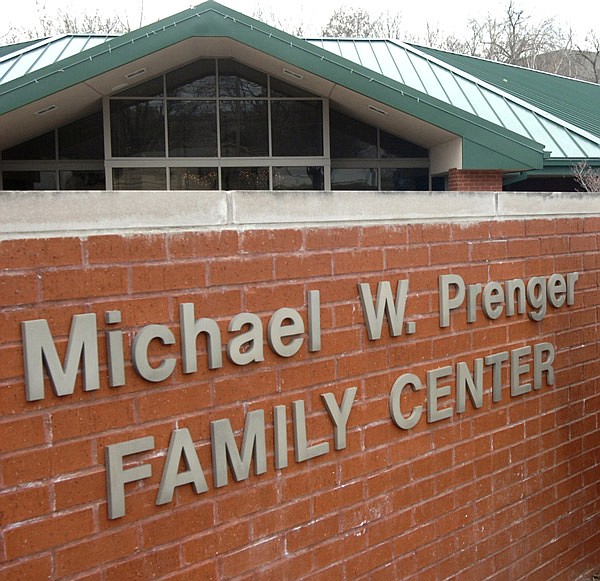Lawmakers left the House Joint Committee on Judicial Systems on Tuesday questioning how much it would cost to raise the age of a juvenile being charged as an adult in the court system.
Under current state law, a person can automatically be charged as an adult at age 17. Raise the Age advocates spoke to seven of the nine members of the House committee about having 17-year-olds remain in the juvenile justice system, reiterating their mission to keep delinquent teens out of the court system and into diversion programs offered throughout the juvenile justice system.
This legislation would not interfere with the court's ability to certify a juvenile to be charged as an adult for any heinous crime.
Currently, Missouri is one of only six states that has not implemented the law, according to raisetheage.com.
During the hearing, Rep. Nick Schroer, R-O-Fallon, asked that Missouri not be the last.
Schroer touted cost savings to tax payers and Department of Corrections as core reasons to implement the program, referring to states like Illinois, Texas and Connecticut that were able to either spend no new tax monies or spend less on their juvenile justice systems over time.
Rep. Gina Mitten, D-St. Louis, told the speakers she agrees there may be cost savings if the state were to implement Raise the Age, but where the rubber meets the road is the funding.
"If we're talking about savings from the Corrections side, because presumably we're going to have less people being incarcerated and placed in a long-term correction facility, how do you propose we take those savings and place them where they need to be to make this all happen?" Mitten asked. "I don't need to be sold on the benefits, but I do need to be sold on how we're going to pay for it."
Stephen Korte, a representative for the Missouri Sheriff Association, said there are more pros than cons to raising the juvenile age in the long run, but he doesn't see there being much of a cost savings to Corrections.
"Speaking from 20 years of experience in law enforcement, I don't think the savings that everyone is talking about from the Department of Corrections is really there," he said.
If it's their first offense, unless it's a heinous crime, they're going to get probation rather than a misdemeanor charge, Korte explained.
Other juvenile advocates like Bill Prince, family court administrator and chief juvenile officer for the 31st judicial circuit, covering Greene County, said raising the juvenile age is the right thing to do, but it boils down to money and personnel.
Prince explained in 2016, there were 1,900 referrals for youth who were involved in delinquent behavior, but of those 1,900, only 100 or so made it to the courts due to the diversion programs offered by juvenile officers and staff.
"If the juvenile age is raised, they could potentially see a 40 percent increased in referrals and would need 11 percent more funding to continue to offer the same level of successful diversion programs and services.
Reducing recidivism, public safety, family involvement and cost savings were on the list of benefits named throughout the hearing, but defending the interest of juveniles was the No. 1 goal on Beverly Newman's list.
Newman serves as the chief juvenile officer in the 17th judicial circuit -the second largest multi-circuit court behind Boone and Callaway county. She is in favor of raising the age, but she wants the state to ensure there will be monies available to access additional resources if needed.
"The juvenile system is all about balance. It's about balancing the interest of that child who has issues with the issues of the state," she said. "I am an advocate everyday and all-day for the interest of kids."

